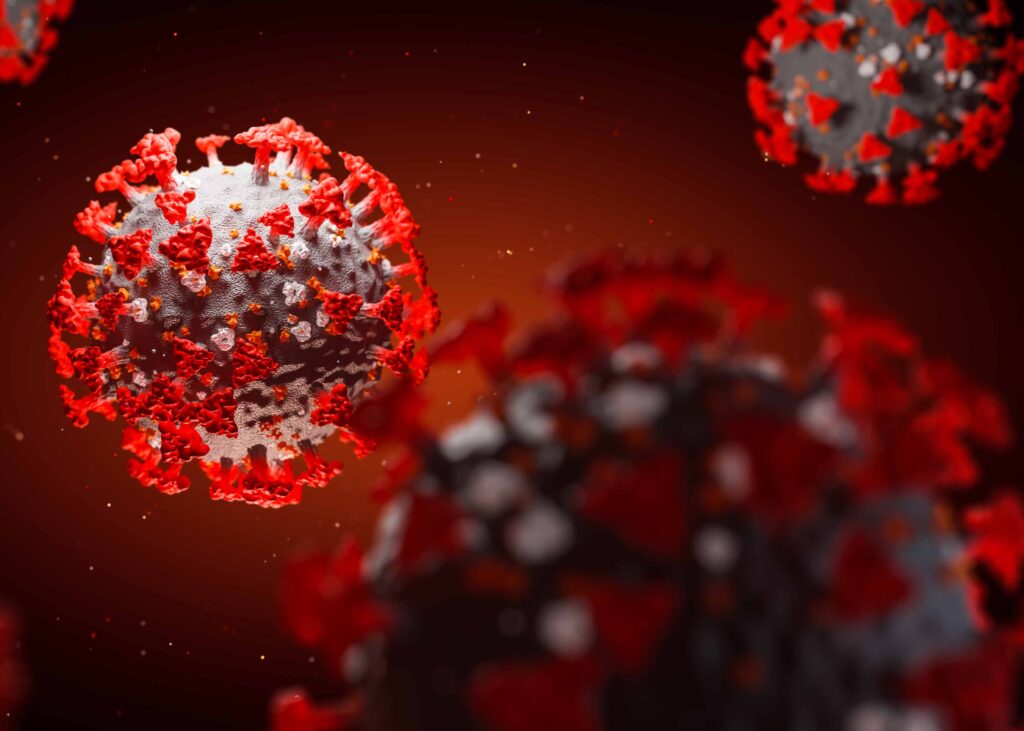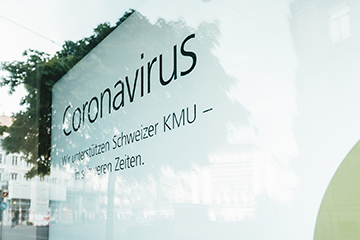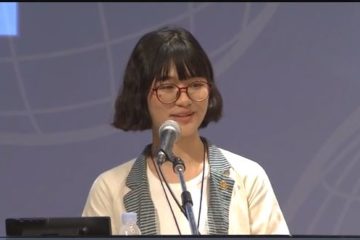
Interfaith networks support G20 action across sectors and communities to respond to the COVID-19 crisis
25 April 2020
This statement highlights urgent topics for the attention of G20 members and engagement groups and for religious communities and institutions.
The G20 Interfaith Forum Association (IF20), a network of religiously linked institutions and experts active since 2014, provides a regular platform for religious voices to engage with the G20 process in framing global policy initiatives. The IF20 has no representative mandate to speak for specific religious communities but has acquired credibility over time as an organization that can help channel distinctive religious insights into G20 policy formation processes. Wide-ranging religious responses around the world to the COVID-19 emergency are part of the global response. IF20 members are reviewing issues on the urgent G20 agenda that merit immediate and longer-term response.
-
The IF20 supports the Joint Statement on Global Pandemic Preparedness issued by the formal G20 Engagement groups (B20, C20, L20, T20, W20, and Y20) and its call for “G20 leaders to . . . [give highest priority] to building resilient health systems,” including “supporting needs-driven, evidence-based, public-interest research and development (R&D) initiatives [that] will equip us better when outbreaks occur.”1
-
Religious communities are a vital part of the solution to the COVID-19 pandemic. While distinctive and sometimes extreme religious views have in some cases complicated response to COVID-19, religious actors overall have played vital roles in encouraging compliance with public health guidelines, addressing acute humanitarian needs, facilitating efforts to fight the virus, and envisioning the complex solutions that will be needed. Continuing analysis of synergies that can be achieved through cooperation and coordination of religious and public initiatives is vital.
-
Religious actors are well positioned to care about the dignity of human beings facing the COVID-19 crisis. Religious beliefs in human dignity have long underwritten the common concern for human rights, and this is still more evident as particular rights are threatened by sometime inhumane responses to the crisis. Religious actors have profound theological motivations to care for the dignity of others, particularly those most in need of care; they are experienced at the individual and institutional levels in providing such care; and they are connected to others in ways that make a practical difference.
-
Fundamental human rights principles call for balancing public health and religious freedom claims. Human rights law has long recognized that public health concerns such as those posed by the COVID-19 virus can justify limitations on freedom of religion or belief, provided that the limitations are prescribed by law and are genuinely necessary.2 That is, limitations must be directly related and proportionate to the objective pursued, must not be discriminatorily applied, and must be narrowly tailored so they minimally impair manifestations of religion.3 Thus, while public health concerns such as those posed by COVID-19 justify certain constraints on religious practice, they do not justify failure to address such situations judiciously. Instead, applicable principles call for the careful balancing of rights (and duties) of all concerned.
-
G20 policy frameworks should deliberately include religious actors in responses to the COVID-19 crisis. People may attach increased significance to their religious rights and duties during times of crisis. They have the right to receive religious assistance through their own religious institutions, most urgently during times of illness, pain, and death. It is the right of religious communities to provide that spiritual support to their faithful. Thus, the work of those conducting religious functions should be facilitated rather than prohibited as those carrying out this work are among those most concerned with the health of those in their communities. Such religious actors deserve comparable protections to those provided for health workers. Distinctive religious practices, such as those involved in worship and liturgical services, including funeral services, should be safeguarded to the extent possible. Respectful treatment of religious leaders can be critical to gaining their community’s support for and cooperation with essential health measures. Mobilization of religious leaders in addressing various elements of the crisis is vital if optimal solutions are to be achieved. Because religious leaders and other religious actors are generally trusted in their communities, they are often particularly well positioned to dispel false information, to communicate and persuade what needs to be done, to find creative ways to adapt religious practice where necessary, and to encourage support for (and sometimes resignation to) public health policy.
-
G20 actors should seek solutions to the COVID-19 crisis through dialogue with experts from different religious traditions. Cultivating dialogue with experts who draw on insights of different religious traditions will inform awareness of resources that various religious communities can make available for COVID-19-related problems. This includes not only awareness of available resources in terms of personnel and material but also understanding of how such resources can best be mobilized and how needless sources of friction can be reduced. Such dialogue may facilitate better coordination with the public sector and among diverse religious communities, thus sharing insight into how best to distribute available resources. It can help identify best practices in balancing public health and religious needs. As large financial aid packages are being shaped, religiously affiliated humanitarian aid organizations may be particularly well placed to assure that such funding reaches those most in need. Longer term, religious voices may be an important antidote to increasing fragmentation of cooperation at the global level.
-
Explicit and well calibrated focus to addressing the needs of the most vulnerable should be central to the G20 COVID-19 response. The IF20 calls on G20 leaders to direct particular consideration to the plight of the vulnerable in every society, including the often-desperate situations of refugees and displaced persons.
-
G20 efforts to mitigate the impact of COVID-19 on less developed countries. With respect to health care, the G20 should focus on assuring urgent access to vital medical supplies, and attention to large scale rapid distribution of vaccines and treatments. On the economic front, IF20 applauds the debt standstills that G20 countries are supporting, which represent a core aspect of financial packages crucial to short and long-term recovery in poorer nations. Broader measures to maintain liquidity in poorer countries are vital to assure social protection measures.
-
The IF20 urges G20 actors to seek optimal coordination of religious and public sector responses to the COVID-19 crisis. Doing so will facilitate sharing best practices, finding synergies, avoiding duplication, optimizing use of available resources, and achieving best outcomes. This is vital both for immediate and long-term responses to the crisis.
-
G20 countries should work deliberately to counter COVID-19-related discrimination. The IF20 Association is aware of accounts from various parts of the world reporting denial of needed hospital care on the basis of religion, disparagement of religious beliefs that complicate implementation of health-related policies, disrespectful treatment of religious personnel, and other forms of discriminatory conduct singling out religious groups or individual believers. G20 leaders need to be cognizant of these problems in their own countries and elsewhere, and to find ways of preventing such conduct.
Resources
Other Resources:
- The COVID-19 Crisis: Civil Society Responses in Mexico and Along the Border
-
Call to Action on the Covid-19 Crisis
-
G20 Solutions to the Pandemic
-
Coronavirus in Conflict Zones
-
International Survey on Coronavirus
-
Covid Bar-Chart Twitter Updates
-
Covid Social Science Tracker
-
Understanding the Pandemic
-
Feminist Voice on Covid-19
-
South Africa Closure
-
Africa Union and CDC Response to COVID
-
Risk of Pandemic in Africa
-
Africa Needs Unique Response to Pandemic
-
G20 Call to Action on Pandemic
-
Ramaphowa on Covid-19
-
Social Unrest Fears in Italy During Corona Lockdown

